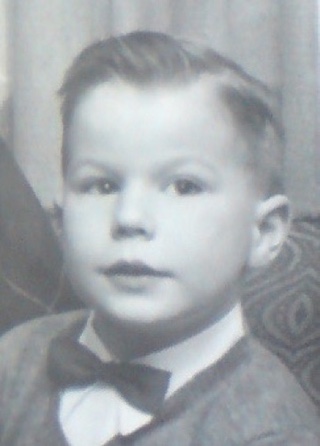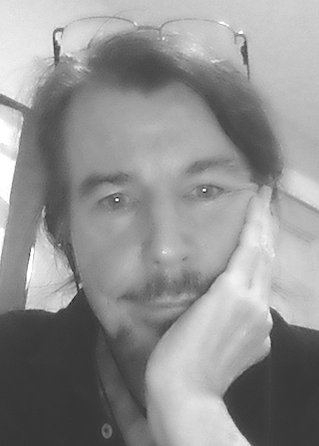

Things my instincts, explorations and observations taught me when I was a child:
That nothing really made sense. It was all make-believe. Everyone was really just scared and alone and clueless but they pretended they knew stuff and pretended that there was a reason why they believed stuff. I couldn’t figure out who they were trying to impress.
That what most people called the truth, and what they decided to call “good”, was a constant renegotiation among people, and inside people’s heads. It was completely arbitrary.
That life was really about maximizing pleasure and minimizing pain, but everyone insisted it was something more complicated and difficult, involving ethics and struggle and sacrifice and hard work.
That life shouldn’t have to be this hard.
That there was no connection between what people said, what they believed, and what they did. And when they felt bad about what they did, that didn’t stop them doing it.
That people were never satisfied.
That it never made sense to lie, or to be unkind, but people did it anyway, and then made excuses for it, that also made no sense.
That it was not safe, and was sometimes even dangerous, to be your authentic self, or to be vulnerable.
That most people seemed to like being told what was right and what to do. And often they didn’t even question it. I knew I could never be like that.
That it’s fun not doing anything.
That playing by myself was usually more enjoyable and entailed a lot less hassle than playing with others.
That what seemed to motivate other kids, and most adults, was immediate reward, attention, recognition, appreciation and reassurance. Why did they want and need these things?
That adults liked to make, and state, judgements about things. And that the smarter adults seemed to make fewer judgements, and to qualify what they said. That’s initially why I think I was drawn to smart people.
That masturbation was enormous fun, and delaying gratification for a long time was even more fun.
That I seemed to have a much greater imagination than most people. I could never figure that out. I wasn’t especially intelligent; I suppose I just got more practice than most people.
That I enjoyed the company of cats more than the company of people. Cats made sense. They were just what they were. They didn’t make demands, judgements or have expectations, just like me.
That love, which was supposed to be one of the most important things in the world, seemed to be for most a mixed blessing, and for many a curse. I got the idea, but I got the sense most people were just really bad at it. When people said “love”, usually they meant something else.





Wow! I wish I had even a fraction of those insights, even now, never mind as a kid. The one and only thing that has kept my dumb ass going all these years is to constantly remind myself: “I’m the one who has to die when it’s time for me to die, so I’m going to live my life the way I want to!”
Now, with most of my life and a few tough life lessons behind me, all I can really say about other people is:
– People hear what they want to hear, it doesn’t matter what I think.
– People see what they want to see, it doesn’t matter who I am.
– If you don’t tell people what they want to hear and show them what they want to see then they will hate you for it.
In that vein, I’ve recently been enjoying a similar no-nonsense perspective from an “independent scholar” by the name of Ishi Nobu:
https://ishinobu.com/blog/
I’ve only just started digging into his writing, but the intro to his book “The Red Pill: Mastering the Matrix” reminded me of your musings on radical non-duality:
https://ishinobu.com/rp0/